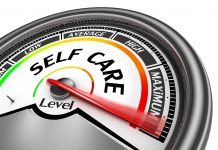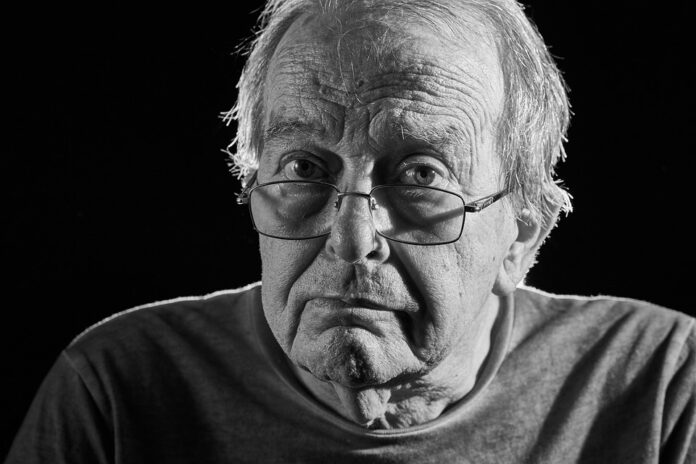People sense numerous vision changes as they get old. One of the best ways to counter such a condition is to seek help from private practice optometry. Such expert advice can help to give them a solution for the commonly seen changes like:
- Finding difficulty in seeing nearby objects
- Facing issues to differentiate between the colors
- Taking time to adjust to changing light levels
These issues can get easily rectified with the help of an expert optometrist. After a checkup of the eyes, they can suggest corrective steps and optical devices like contact lenses or glasses. These will help people in their old age to get back their life to normalcy and see things clearly once again.
Several eye diseases and conditions can impact the eyes as one grows old. As an optometrist, what can you do to offer them better eye care?
What Are the Corrective Measures You Can Offer?
There are numerous ways to tackle vision-related issues relating to old age. The best possible solution that one can seek is via regular checkups from private practice optometry. You can establish your private practice optometry facility by ensuring to:
- Build a community around your optometry facility with whom you network more often to establish a connection
- Prioritize patient care by providing excellent hospitality services beyond their treatment regime
- Educate your team to incorporate any new development in the optometry space to ensure better eye care
- Commit to the cause and get the essential skills required to run the clinic
It is worth mentioning that the changes our eyes go through when we age do not impact our vision capacity. However, they can point out serious concerns that our eyes are facing. Therefore, these services offered by your facility can help identify the problems.
Dilated Eye Exam
Dilated eye exams in optometry help to check the condition of the eyes. The dilated state of the eyes makes it easier for the optometrist to check for any conditions that can impact eye health.
Your patients may experience blurred vision for some time after the examination. Many people also face increased sensitivity to light after going through such an exam. However, both are temporary conditions that will go away soon.
A primary eye health checkup is critical to maintaining proper eye hygiene. Therefore, you can promote its necessity for every individual above 50 to undertake the test regularly.
What Are the Diseases Patients Might Have?
As an individual ages, numerous eye problems start to pop up and can lead to loss of vision or blindness. At times, these can have a few symptoms or none at all. Regular examinations can help identify these at an early stage.
These conditions include:
- Age-related Macular Degeneration (AMD) – AMD can impact the ability to read or see things clearly. Specialized dietary supplements can help control the growth of AMD, but there is no complete cure for such a condition. Advising your patient to have regular tests can help identify the development of AMD in its early stage. Such a diagnosis will help avoid any fatal outcome.
- Diabetic retinopathy – The likelihood of this condition increases if your patient currently has diabetes. As there are no visible symptoms, this condition can only be detected via an eye examination. Treating the condition in its early stages can prevent its further growth.
- Cataracts – These have a characteristic blurred or hazy vision due to the formation of a cloudy film on the eye’s lens. You can prescribe patients to eat a healthy diet, including green vegetables, to control the condition. However, severe conditions require surgery to remove the cataract.
- Glaucoma – The increased fluid pressure within the eye can lead to glaucoma. The ultimate impact is the loss of vision or blindness. There are no early signs or symptoms of glaucoma, and its treatment is possible via prescription drugs.
The Condition of Low Vision
The low-vision state generally occurs when any medication, contact lenses, glasses, or surgery can not correct vision. A person can have such a condition if:
- They are not able to see while doing any of their regular activities
- They face difficulty in identifying the faces of their friends and family members
- They find it difficult to read any signs on the street
- They see the lights to be dim and not as bright as they should be
Therefore, as you can see, you can ensure numerous corrective ways to tackle age-related eye diseases. However, implementing a few additional steps can help take better care of their eyes.





























